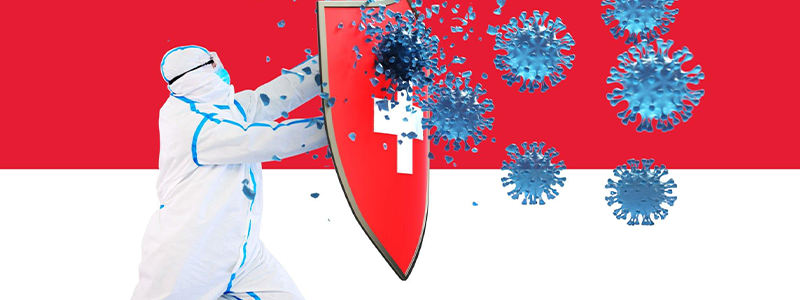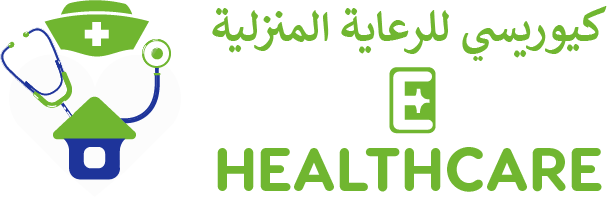Archives
It’s a new year and we have a new member in town – the JN1 variant of Covid. The JN.1 variant is the latest mutation of the SARS-CoV-2 virus, which causes COVID-19. Identified as a subvariant of the Omicron variant in the United States in September, it has been classified as a Variant of Interest (VOI) by the World Health Organization (WHO). This classification indicates certain genetic markers linked to changes in how the virus binds to receptors. Here in this blog, you will learn about what the symptoms are, who are at risk and a lot more about the new variant.
Symptoms of JN.1 COVID Variant
Individuals infected with the JN.1 variant may experience a range of symptoms, including fever, cough, fatigue, sore throat, headache, diarrhea, and difficulty breathing. It’s important to note that these symptoms may overlap with those of other COVID-19 variants.
Who is at Risk?
Similar to other variants, JN.1 poses a risk to individuals of all ages. However, older adults, those with underlying health conditions, and individuals with weakened immune systems may be more susceptible to severe outcomes.
How Dangerous is JN.1?
Breathe easy! According to the WHO, the overall risk is low. JN.1 has the ability to evade immune responses and spread rapidly, potentially infecting vaccinated individuals and those who have recovered from COVID. However, it shares similarities with Omicron, such as mild symptoms and high transmissibility. If symptoms worsen, consulting a doctor is advisable.

Differences from Omicron and Delta Variants
JN.1 differs from both Omicron and Delta in terms of its genetic makeup. Ongoing comparative studies aim to understand its unique characteristics.
When to Consult a Doctor?
Anyone with COVID-19 symptoms, especially in areas with reported JN.1 cases, should seek medical advice promptly. If symptoms like cough and sore throat persist for more than 48 hours, consulting a doctor is crucial for early diagnosis and intervention.

Diagnosis of JN.1 COVID
PCR and rapid antigen tests can identify any COVID variant, but genome sequencing is necessary to confirm the presence of the JN.1 variant. In case you feel you have the symptoms, go ahead and book a COVID test at the comfort of your home.
Self-Care at Home
Patients with mild symptoms can manage at home following healthcare provider recommendations. Rest, hydration, and over-the-counter medications can aid recovery. Caregivers should take precautions to avoid transmission. You can choose to stay on the safer side by consulting our doctors online.
Precautions and Prevention
Wearing masks, practicing good hand hygiene, and maintaining social distancing are vital in reducing the spread of JN.1. Additionally, wearing an N95 mask, avoiding gatherings, and regular handwashing are advised to prevent infection.
Treatment Protocols
Treatment for JN.1 aligns with existing COVID-19 management strategies, including antiviral medications, supportive care, and oxygen therapy for severe cases. Ongoing research will inform specific treatment guidelines.
Staying informed, practicing preventive measures, and seeking prompt medical attention are crucial in mitigating the impact of the JN.1 variant. If you or your loved ones experience COVID-19 symptoms, consult Lifecare home healthcare for early recovery.
Other Services
Thyroid test at home
Error: Contact form not found.

